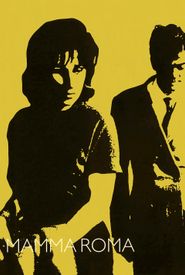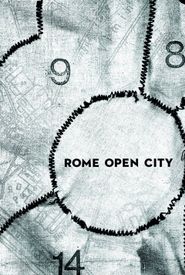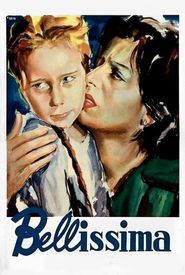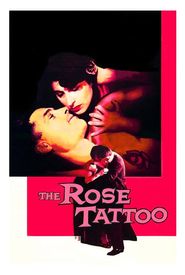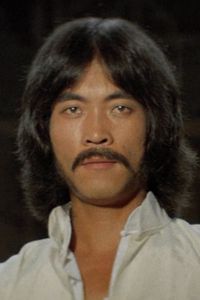Anna Magnani was a renowned Italian stage and film actress, born on March 7, 1908, in Rome, Italy, to an Egyptian father and an Italian mother. She was a talented singer who worked her way through Rome's Academy of Dramatic Art by performing at nightclubs.
Throughout her illustrious career, Magnani's personal life was marked by challenges, including the contraction of polio by her only child at the tender age of 18 months, which left him crippled. Despite this setback, she continued to thrive in her profession, earning the nickname "La Lupa," or the "perennial toast of Rome," and a "living she-wolf symbol" of the cinema.
Her fiery personality and volcanic acting style, as described by drama critic Harold Clurman, left a lasting impact on the world of cinema. Time magazine aptly described her as "fiery," while film historian Barry Monush referred to her as "the volcanic earth mother of all Italian cinema." Director Roberto Rossellini, in turn, hailed her as "the greatest acting genius since Eleonora Duse."
Magnani's notable collaborations include working with acclaimed playwright Tennessee Williams, who wrote The Rose Tattoo specifically for her to star in. Her performance earned her the Academy Award for Best Actress in 1955. She also received international recognition for her roles in films such as La cieca di Sorrento (The Blind Woman of Sorrento) (1934),Rome, Open City (1945),The Miracle (1948),Bellissima (1951),The Fugitive Kind (1960),and Mamma Roma (1962).
As early as 1950, Life magazine had already recognized Magnani as "one of the most impressive actresses since Garbo." Her dynamic and forceful portrayals of "earthy lower-class women" in various films solidified her status as a beloved and respected actress.

